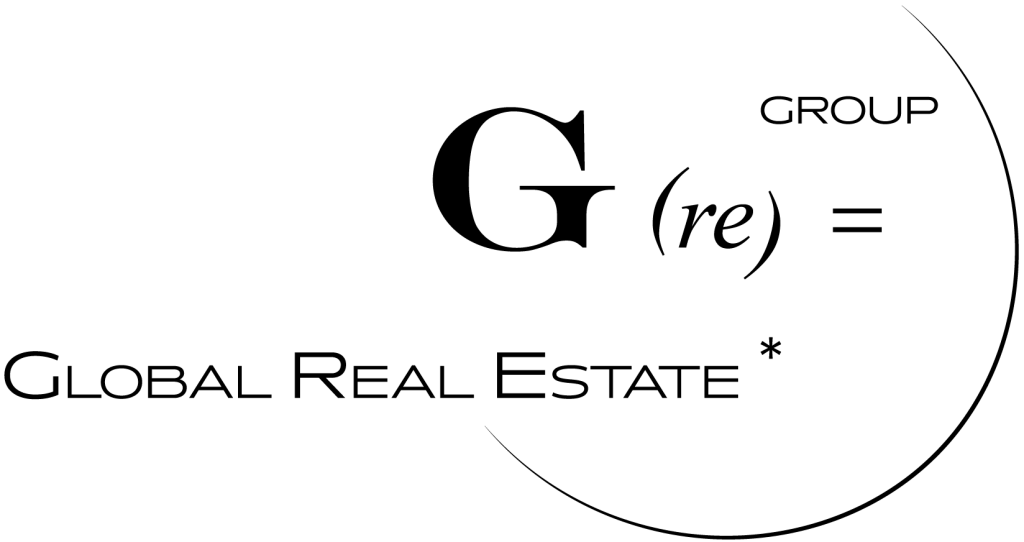Research
is our Passion
Cities were first conceived as complex systems in the 1960s. In his Nobel lecture (1977) and later in in his writings Ilia Prigogine uses the city as a metaphor of complexity. However it was Peter Allen, who first developed a complexity theory of cities (Allen and Sanglier 1981) and by doing so he started the domain of CTC – complexity theory of cities. Developers need to understand these processes, when planning and realizing their real estate projects.
‘Proptech’ is part of the broader digital transformation. Through the rise of information technology, the Internet, the blockchain, new software platforms, and artificial intelligence we see the emergence of new forms of distributed self-organizing networks that are capable of delivering value at a scale and speed not seen before. Some are game-changing disruptions, since they can handle massive amounts of information. Computation such as agent-based modeling allows for new approaches.
Frameworks are used in construction, computer science, and metaphorically. The best translation for framework in Italian is ‘architettura.’ Everybody knows ‘Case House 8’ by Ray and Charles Eames. In computer programming, a software framework provides a standard way to build and deploy applications. It is universal, reusable, and provides functionality as a part of a larger platform. The idea of ‚framing’ can be found in many other fields like psychology, linguistics, communication, and sociology.
Schumpeter defined ‘creative destruction’ in 1941, arguing that no system can remain efficient forever. New systems, products, forms of distribution, and organization displace older forms. Businesses themselves are forms of design that encompass strategies, structures, change, culture, and other factors, which evolve over time. We take an abductive approach, ‘since it is not possible to prove any new thought, concept or idea in advance,’ to cite C. S. Peirce, the father of abductive reasoning.
Today we have new tools based on computation. From them, we can get much richer and dynamic models that don’t require the simplified reductive assumptions of traditional economics. After the Global Financial Crisis there are paradigm shifts towards behavioral economics, psychology and complexity theory. Nobel prizes have been accredited to behavioral economists. Nobody believes in equilibrium, rational agents, perfect information and uncertainty reduced to a simple probability distribution anymore.









